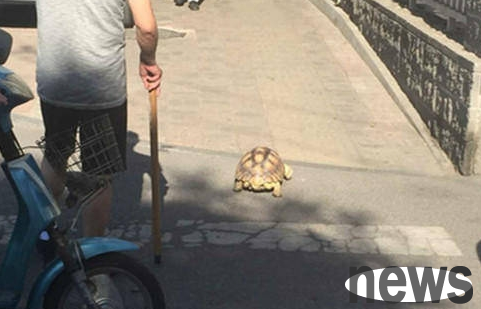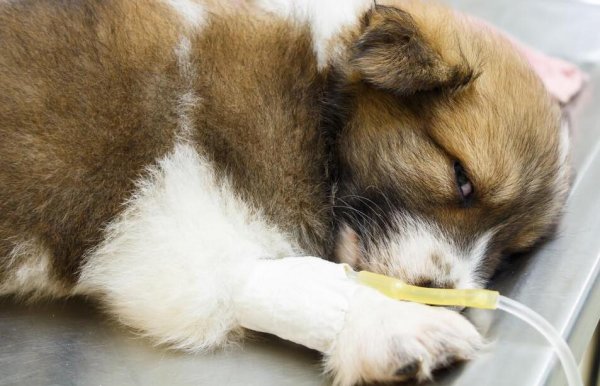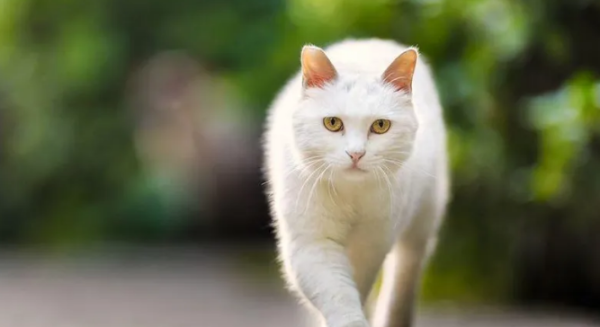What to do if a cat gets sick? Ten common situations when cats get sick
Learning to judge whether a cat is healthy is a compulsory course for a qualified cat shoveler. When a cat encounters the following ten situations, we often need to take it to a regular cat veterinarian for treatment in time.
1. Cats with mental states
usually jump around, and their relatives have bright eyes. But when a cat is sick, it will always be listless, have no eyes, and is unwilling to move. If it is severe, it will be slow to react. If it is severe, foaming at the mouth or coma will occur. This is already very serious. Remember to go to a regular hospital for treatment in time. Don’t look at folk remedies online again! Some cats will hide quietly in the corner and not come out; some cats will yell at the poop shoveler desperately, or yell next to the poop shoveler when they are abnormal. At this time, it may be that the cats want to seek attention, which makes people find that they are uncomfortable.
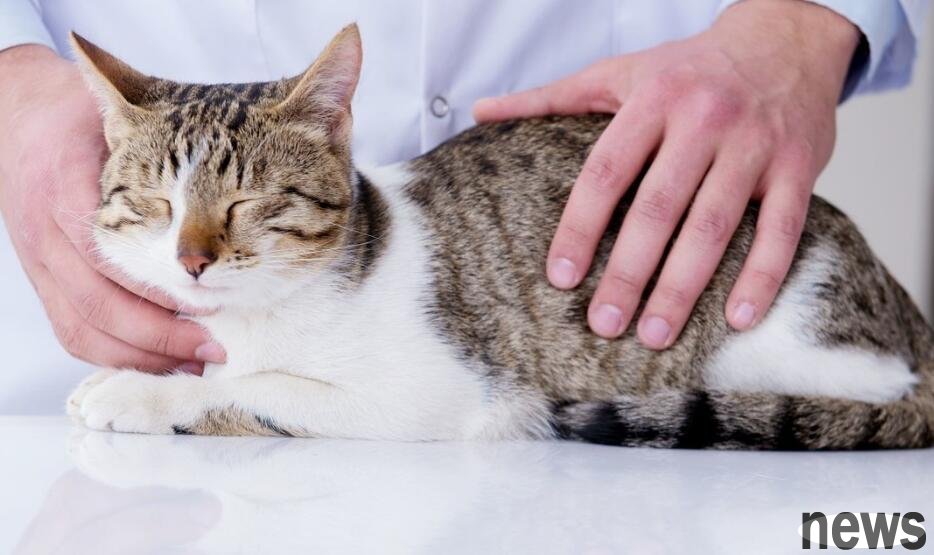
2. Body temperature rises or decreases. Dog shovelers remember to keep a thermometer at home! The normal body temperature of a cat is between 38.7 degrees and 39.2 degrees, and the normal body temperature of a kitten is between 39.5 degrees. High temperature indicates that the cat has a fever, and there are many causes of the fever. If the temperature is low, you should pay more attention. If it is below 36 degrees, the cat is likely to die. See you in time!
3. Dietary state Cats will eat normally under normal circumstances. But sometimes cats don’t even eat for a day and are anorexia or refusal to eat. The cat’s physical condition is more likely to decline for a long time. Even if there are no other diseases, it will be more likely to get sick due to malnutrition! The cat's appetite suddenly increases, but its weight loses. You have to pay attention to whether it is diabetes! If the cat does not eat cat food, it may be that this cat is not suitable for cats and needs to be replaced in time. Cats must eat good cat food. Only in this way can they not get sick easily. Remember to match the nutrition well!
4. Eye state. Cats have purulent or serous secretions or their eyes are always left with tears and listless. Some cats have swollen eyes, redness, and bloodshot eyes. At this time, you should pay attention to whether the cat has inflammation in his eyes or other organs have problems. Malnutrition or disease can lead to this situation.
5. Ear state There is ear wax in the ears, ear mites, and the ears are not energetic. Cats often scratch their ears with their claws. If you test whether there is any problem with your cat's hearing, the shoveler can make a slight sound next to the cat's ears to see if the cat reacts. Cats usually have sharp ears and will usually easily catch the sound and react.
6. Oral state The cat's mouth is pink under normal conditions. When secretions appear in the cat's mouth, oral ulcers, blisters, ulcers, swelling, and drooling. The oral mucosa changes color and turns red, pale, and blue-purple to see if it is anemia or hypoxia! For cats oral ulcers, you must also pay attention to whether the cat has calicivirus and other diseases! Usually, cat shovelers can brush their cats' teeth and buy small toothbrushes for cats, toothpowder or mouthwash. But this is a difficult action, please be careful!
7. The cat's hair is rough, dry and shiny. The coat color is uneven. In some places, there are skin diseases such as cat moss, alopecia areata, white dander, and other skin diseases, while in some cats there are various parasites on them. At this time, you should pay attention to observation and treat it in time. Deworming is very necessary. You can basically deworm it every two or three months. You can deworm it every one or two months, especially cats who often go out. Be sure to pay attention to this!
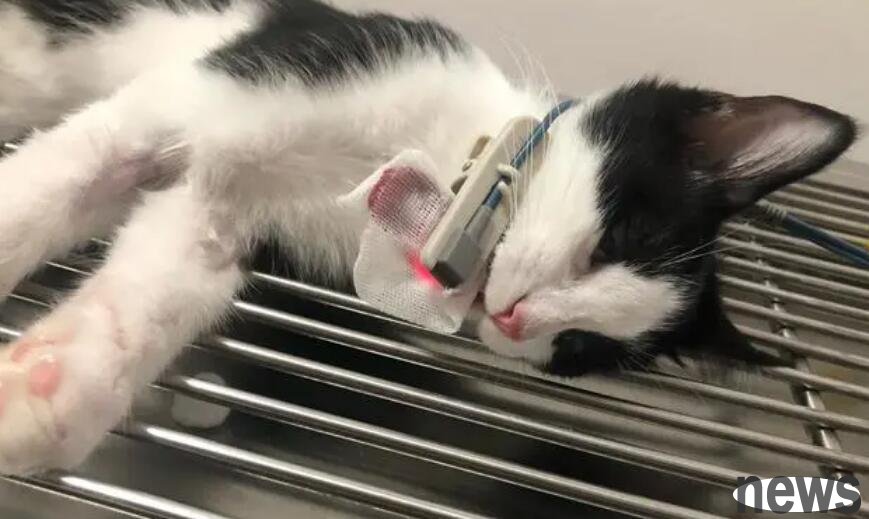
8. Cats vomit continuously, vomiting yellow water, and even vomiting blood are the manifestations of cat diseases. . When you observe that the cat continues to vomit, you can fast for one day and feed probiotics. If it is due to a meal problem, it can usually be recovered. But if the symptoms do not relieve or even be serious, remember to seek medical treatment in time!
9. Cats have colds. The weather is getting colder, and cats are more likely to catch colds. If symptoms such as sneezing and coughing occur frequently, remember to pay attention to whether the cat has a cold! Prepare a warm cat nest and various warm equipment for the cats, keep the home warm and not hot or cold!
10. Cats urinate and defecate in a state of defecation, with dry stools, dark color, and a small amount of mucus, which may be caused by constipation or chronic gastritis. If the stool is too thin, bloody, or bubbles, or even watery, it means that the cat is already very serious! Cats carry blood in their poops, which may be due to parasites, enteritis, anal infections, or even cat plague, or leukocytopenia. Remember to seek medical treatment in time! ! ! Cats have poor urination, frequent urination, incontinence, urinary urination, and hematuria are all pathological symptoms that need to be dealt with in time!
The above are situations that cats often occur, and cat owners need to pay attention to them in daily life; once they appear, they will be dealt with in time so that our lives do not have so many regrets.

